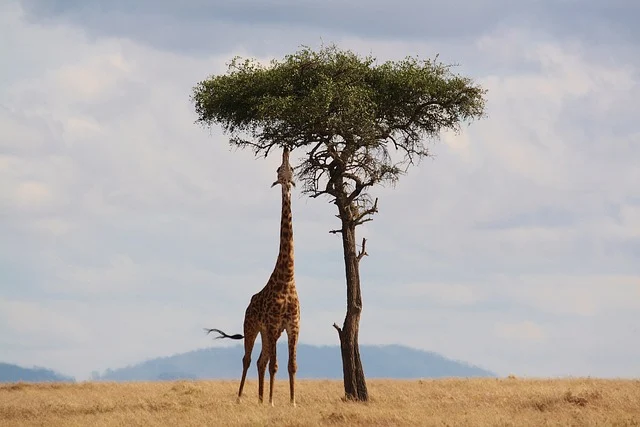Top Tips for Capturing Gripping Pictures on an African Safari
If you want to capture amazing photos of wild predators in action, head over to South Africa. The favorite filming destination for wildlife photographers, the southern regions of the Dark Continent are home to some of the world’s rarest animal species such as cheetahs, leopards, and rhinos and if you are daring enough, you may get a chance to see them during a safari in one of the continent’s picturesque national parks. But before you close the door and set out on your wild African adventure, make sure you have all the essentials for the trip safely packed and ready for use.
Here are the top five tips on how to capture Africa’s wildlife during a safari and create pictures worthy of the title of a photography masterpiece.
Bring along tons of digital storage
As you will probably be busy filming fascinating creatures during the safari, ample storage space for your images is a must-have. Africa is known for sluggish internet service, so do not rely on cloud storage or fast network posting, and pack multiple microSD cards which you will be able to swap on the fly. Or better still, bring along an external storage device with a fail-safe backup system that will enable you to transfer the files without the need for a PC and minimize card replacement hassle. Another option is to have your laptop always at hand as it will allow you to transfer images faster, organize them on the spot, upload them to an online photography platform such as EyeEm, and minimize the risk of data loss.
Go for long lens shots
When filming animals on a safari, you probably will not always be able to get close enough for a good shot. This is why bringing along a set of different lenses is not only recommendable but also necessary for capturing quality pictures. If you intend to use a prime lens only, go for a 300mm lens and above – but if you want sheer photography eye candy, bring along a 100mm telephoto zoom lens just to be on the safe side.
Pack lots of power
An often neglected aspect of photography tours, additional power for your electronics can be a major problem in wild Africa. To avoid battery drain on the go, pack a power inverter or solar panel to charge your gear in areas with no stable electricity supply. Also, make sure you bring along tons of extra batteries – a hefty power brick stock will have all your bases covered in case other charging options go awry.
Make notes at the end of the day
In order to keep your pictures organized and remember every detail of the trip, take notes about the experience at the end of each day or during breaks of the safari. A notebook and a pen are a convenient way to capture the names of animals, locations, and other details about the trip you consider important – and the good old-fashioned ink and paper also allow you to capture your own thoughts and emotions about the adventure.
Hire a pop-top vehicle
Though roll-tops are a great ride for people looking to film birds and the sky, most photographers prefer pop-tops for filming animals and the surrounding scenery. Pop-tops do have a limited filming area, but they provide ample shade during the ride, and this can be a precious asset on a long safari day of a hot African summer. Check with your operator which types of vehicles they have on offer, compare the prices, and pick the one that suits your budget and photography style best.
Africa’s national parks are the best destination for an exciting photography tour. If you want to capture fascinating wild creatures on film, consider embarking on a safari across the untamed landscapes of South Africa – it is an experience you will remember for the rest of your life.









